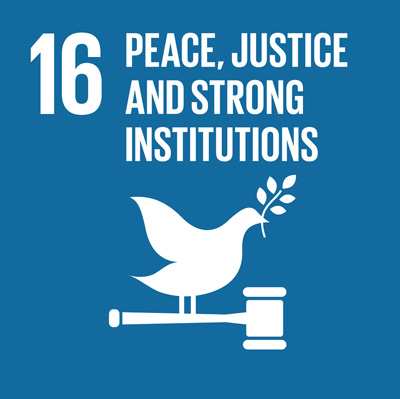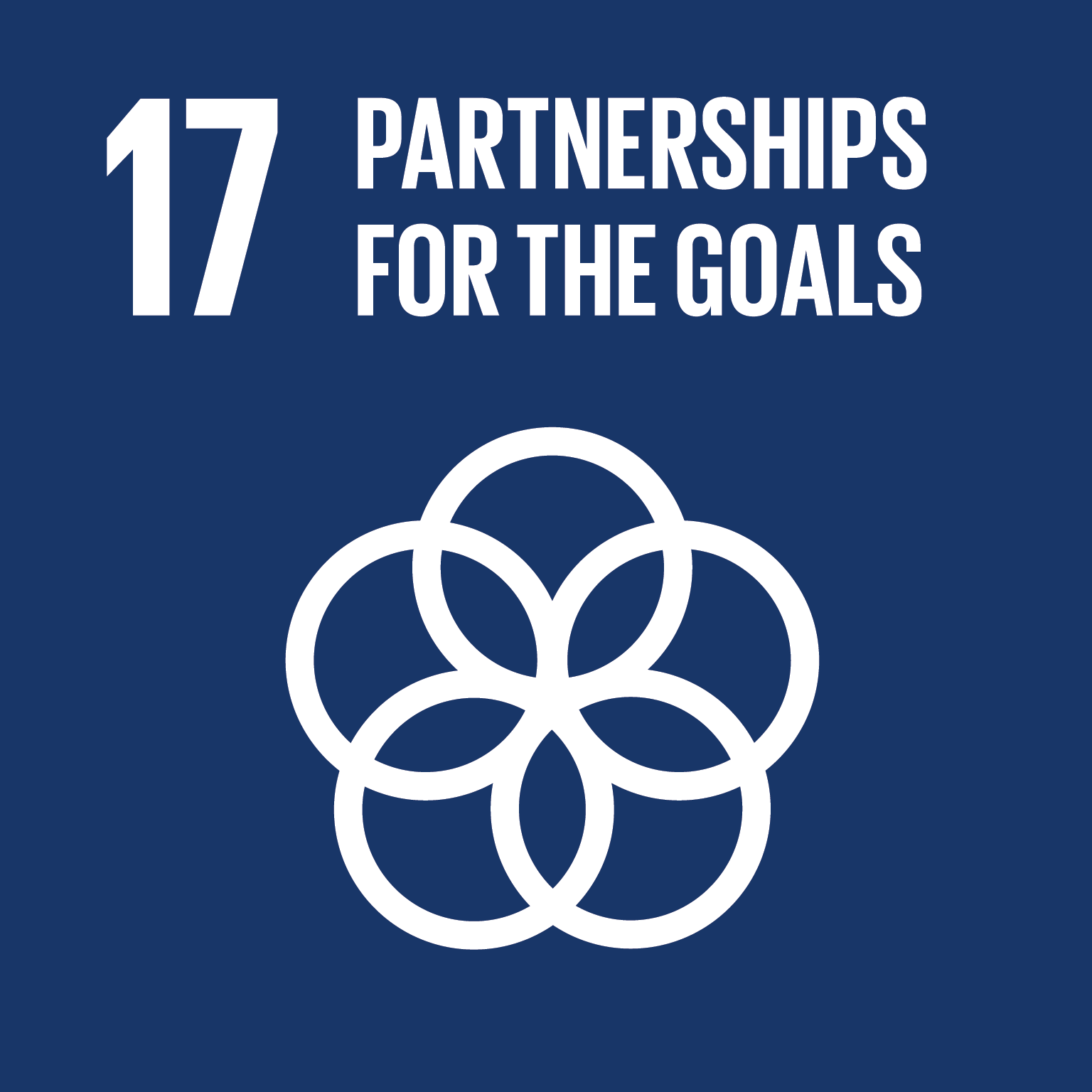About
The Observatory
What is the Private Security Governance Observatory?
The Private Security Governance Observatory is a network of African civil society organizations (CSOs) that seeks to share knowledge and reinforce their organizational capacity to promote good governance of the private sector.
Civil society organizations (CSOs) play a fundamental role in building democracies based on respect for the rule of law, meeting people’s needs and demonstrating accountability and transparency to the population. As the private security industry grows in importance around the world, it is essential that engaged and capable CSOs are actively involved in ensuring good governance in this sector. However, the lack of information on the private security industry, the absence of adequate mechanisms to monitor their activities as well as weak national policy frameworks are factors that may limit the ability of CSOs to strenghten accountability of the sector.
For CSOs to play a more effective role in promoting good private security governance, they need to exchange experiences, challenges and good practices. By raising awareness among its members, the Observatory fosters the exchange of ideas, experiences, information and good practices. It provides tailor-made tools to support the role of CSOs in improving the oversight and accountability of the private security sector.
The Observatory was initiated in 2014 and grew organically out of the interest and commitment of its members, building a network based on trust-building, local ownership and member engagement.

DCAF is a strategic partner to the Observatory providing strategic level, administrative and expert support to ensure the consolidation and further development of this initiative.
Challenges
Across Africa, the private security sector has grown significantly in recent years. However, despite significant human rights concerns relating to this burgeoning industry, African civil society has not played a forceful role in promoting greater oversight and accountability of private security.
CSOs have the potential to undertake a crucial role in promoting good governance of the private security sector. CSOs have the capacity to contribute to legal and policy reforms and to interact with different governmental and business actors, thus protecting human rights and giving a voice to communities.
The main challenges are:
- Lack of information and transparency about the private security sector;
- Inadequate or outdated national legal and regulatory frameworks, weak standards and poor training;
- Gaps in the legal accountability of private security companies and their personnel;
- Lack of protection for the rights of employees.
How does the Observatory support Civil Society Organisations?
The Observatory supports the establishment of sustainable, locally driven CSO networks across Africa. The Observatory's work is composed of three main components that seek to support civil society organisations engagement and participation in private security oversight and accountability:
- Research, awareness raising and building a network:
- Support to CSO engagement with national authorities, companies and other stakeholders at national, regional, and international levels;
- Experience sharing within and across regions.

The Observatory and the Sustainable Development Goals
The Observatory strongly supports the realisation of the 2030 Agenda for Sustainable Development through its contribution to SDGs 16 and 17.
Fostering good governance of the private security industry is a way to contribute to several targets of SDG 16. DCAF’s support to the Observatory strengthens a network of civil society actors which enables learning, building of expertise and sharing of knowledge. Through fostering the capacity of CSOs in regulating private security, an important contribution is made to fostering peaceful and just societies by building stronger institutions and promoting the rule of law both nationally and regionally.
DCAF’s focus on partnerships in the fostering of good governance in private security contributes to SDG 17. The implementation of the Sustainable Development Agenda requires effective partnerships between public and private institutions, as well as civil society. The Observatory encourages and promotes partnerships between civil society actors across different regions in Africa, which strengthens the Agenda 2030’s means of implementations.
The following targets of SDG 16 and 17 are particularly addressed by the Observatory’s work:

Promote peaceful and inclusive societies for sustainable development, provide access to justice for all and build effective, accountable and inclusive institutions at all levels
16.1 Significantly reduce all forms of violence and related death rates everywhere
16.3 Promote the rule of law at the national and international levels and ensure equal access to justice for all
16.5 Substantially reduce corruption and bribery in all their forms
16.10 Ensure public access to information and protect fundamental freedoms, in accordance with national legislation and international agreements
16.A Strengthen relevant national institutions, including through international cooperation, for building capacity at all levels, in particular in developing countries, to prevent violence and combat terrorism and crime

Strengthen the means of implementation and revitalize the goal partnership for sustainable development
17.17 Encourage and promote effective public, public-private and civil society partnerships, building on the experience and resourcing strategies of partnerships.
